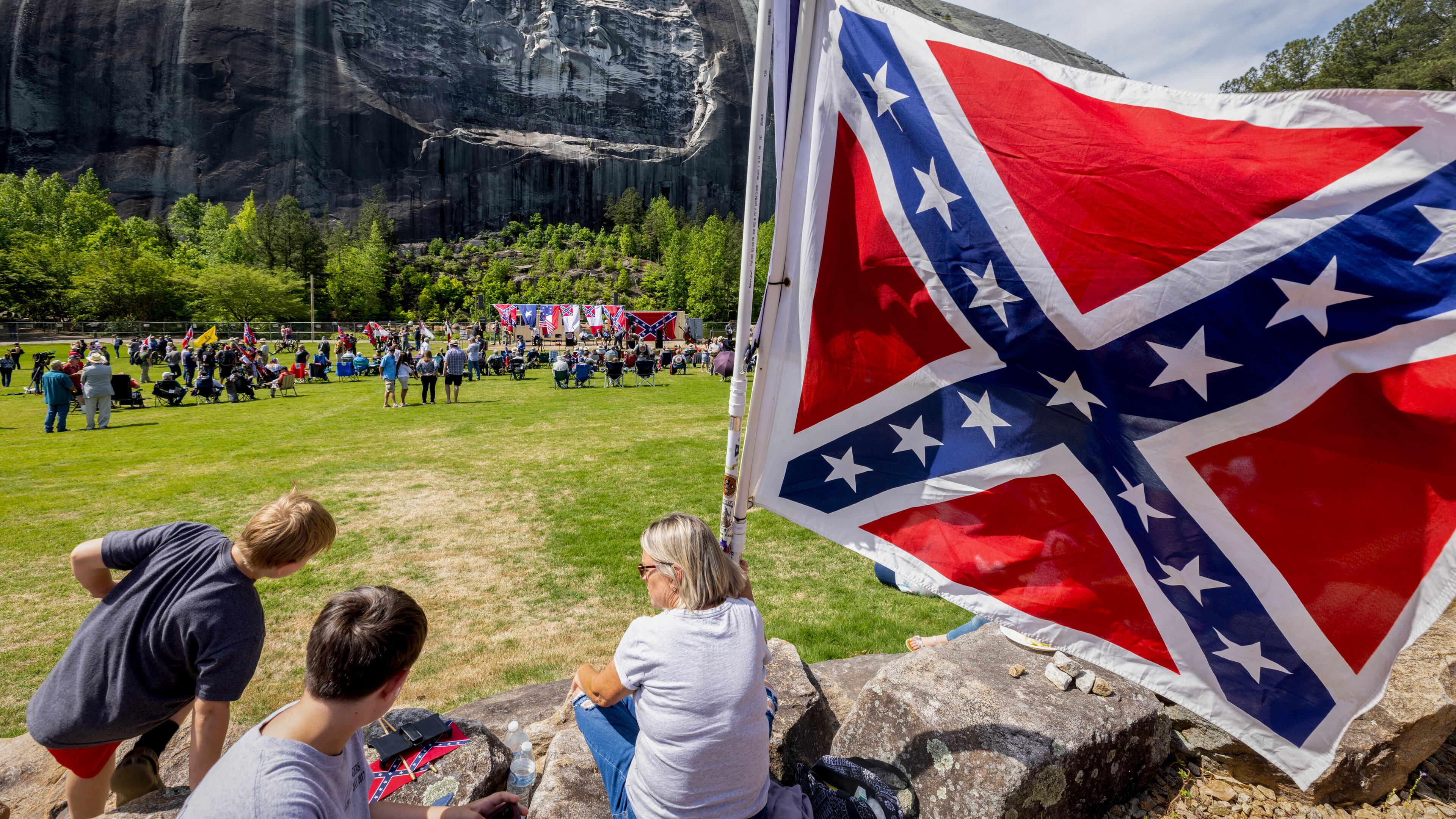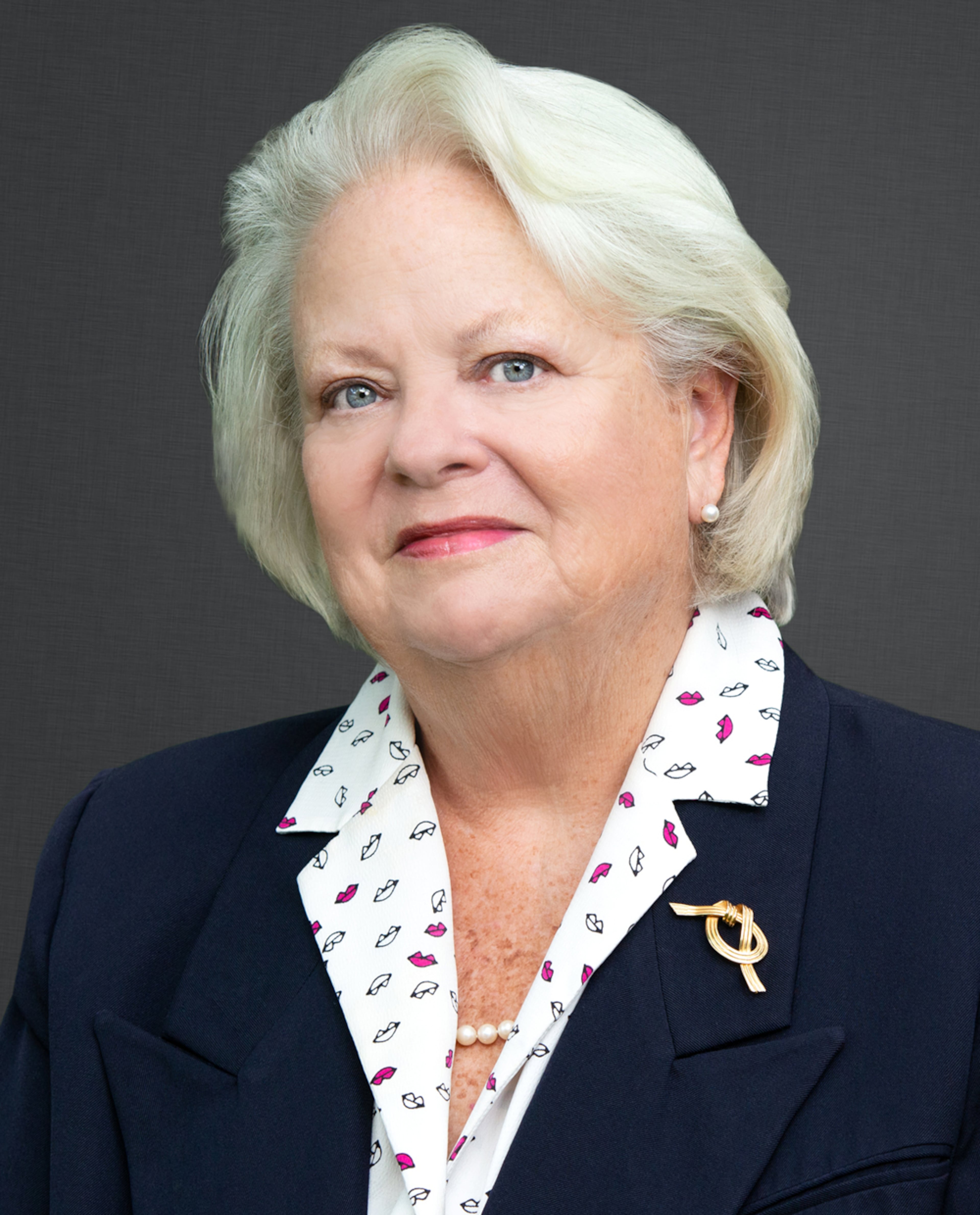Stone Mountain Park should be for all Georgians, not just Confederacy boosters

I am a lifetime resident of DeKalb County and grew up visiting Stone Mountain Park. It has always been part of my life.
As a child and Girl Scout, I climbed the mountain with my family and with my troop. As a teenager with friends, we went to the park when we skipped school and after prom late at night. When in law school, I frequently fished and picnicked there, and when my political career began, the Evergreen Conference Center was a popular venue for many events.
Now I like to play golf on the Stone Mountain Lakemont course, and, like most visitors, none of my activities at the park have anything to do with honoring the Confederacy.
Although many of the park’s camping and entertainment shows for families, runners, bikers and hikers are popular, I have learned from staff with the Stone Mountain Memorial Association that the conference center hotel occupancy rates are below 45%, and management contracts held by previous entities for the golf course and hotel have failed.
The current Stone Mountain Memorial Association Board has failed to manage the park assets in a successful manner by slow-walking reforms to step away from what they consider their duty to honor the Confederacy as a “lost cause.”

Lawmakers tried making Stone Mountain more inclusive
Legislation to amend the name of the Stone Mountain Memorial Association, House Bill (HB) 243, which was introduced by the entire DeKalb legislative delegation, has not been allowed a hearing in the House Governmental Affairs Committee for three years.
A related bill, House Resolution (HR) 1351, which proposed changing the name of Memorial Drive to Veterans Memorial Drive, also failed. Apparently, the Georgia General Assembly prefers to honor only the Confederate veterans and not all veterans. Both of these bills seek to modernize the Stone Mountain Memorial Association’s mission and duties, and end what is superficially an obligation to honor the Confederacy. Section 1 of HB 243 strikes existing language and offers a simple solution for the park leadership.
It would change from:
“To maintain an appropriate and suitable memorial for the Confederacy” ...
To the following:
“To educate the public about the natural history of the mountain and its environment, and the history of human interaction with the mountain and its surroundings.”
I will not repeat the long and specific history of the park’s creation and its many alliances in preserving the Confederate carving and its homage to the Civil War. I suggest you view the Atlanta History Center’s recent film, “Monument: The Untold Story of Stone Mountain.” It gives a complete and balanced story of our shared history. The Atlanta History Center has recovered and preserved the cyclorama, has invested significant resources to present an accurate history of the Civil War, and is recognized widely for this leadership.
Georgia has adequately failed to address its history
The Georgia Division of the Sons of Confederate Veterans has sued the Stone Mountain Memorial Association in DeKalb Superior Court. They seek to enjoin the opening of a new history museum at the park and object to the moving of the Confederate flags away from the base of the hiking trail to the summit. These specious cases are pending, and I anticipate these claims will be dismissed, but the litigation will be costly, acrimonious and a waste of time.
Lawsuits filed statewide by the Sons of Confederate Veterans, which involve the removal of Confederate monuments, serve only to highlight the state of Georgia’s failure to address historical statutes from the eras when Stone Mountain was a primary location for Ku Klux Klan rallies and protests against court cases granting rights to Black citizens.
These are painful chapters of history that the Stone Mountain Memorial Association has not adequately addressed, and this perpetuates an inability to market and use Park assets like the Evergreen Hotel and Conference Center.
We are told in the Capitol frequently that Georgia is the No. 1 state in the nation to do business, and there are efforts and data that support that claim. In this modern and diverse world, our failure to manage the 3,000 acres of Stone Mountain Park in a way that could attract business to all our park assets is a preventable loss. Sad and preventable, and unfair to all taxpayers.
State House Rep. Mary Margaret Oliver, D-Decatur, represents District 84 (DeKalb County) in the Georgia General Assembly.


